From Molecules to Organisms: Structures and Processes

Educators and Parents, Sign Up for The Cheat Sheet
Weekly updates to help you use Science News Explores in the learning environment
Thank you for signing up!
There was a problem signing you up.
-
 Health & Medicine
Health & MedicineDiabetes seems to be climbing quickly in U.S. teens
A serious disease is showing up more often in kids. Many are unaware they are sick. Many more show signs they are at risk of developing the disease, for which there is no cure.
By Janet Raloff -
 Health & Medicine
Health & MedicineEven some Olympic athletes cheat with drugs
Some athletes have been using banned drugs or other methods to boost their performance. But scientists are working on new ways to catch them.
-
 Genetics
GeneticsHow fake sugar can lead to overeating
Scientists have found that fruit flies and mice eat more after consuming food laced with a popular fake sugar.
By Dinsa Sachan -
 Environment
EnvironmentSomething in plastics may be weakening kids’ teeth
The body can confuse some pollutants for a natural hormone. Researchers in France now find such pollutant exposures in childhood may lead cells to make defective tooth enamel.
-
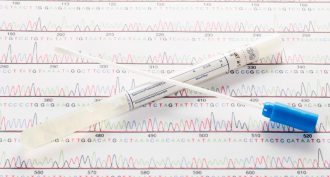 Genetics
GeneticsScientists Say: DNA sequencing
All of us have our own individual DNA. Now, scientists can determine what each individual strand is made of — a process called DNA sequencing.
-
 Health & Medicine
Health & MedicineTo remember something new: Exercise!
People who exercised strenuously for a half hour after learning something new cemented those memories. But the trick: Wait four hours before getting the heart pumping vigorously.
-
 Plants
PlantsClimate closing the gender gap for this mountain flower
Among valerian plants, males like it hotter than the females do. So a warming climate has been speeding their migration up once-cool mountainsides.
-
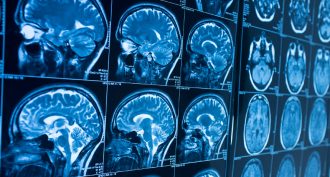 Brain
BrainHormone affects how teens’ brains control emotions
Using scans of brain activity, scientists show that surging hormones drive where emotions get processed in a teen’s brain.
-
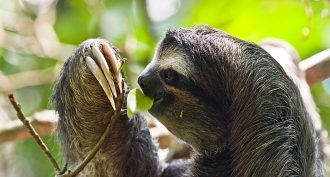 Animals
AnimalsThis mammal has the world’s slowest metabolism
A sloth species manages to exist with a super-slow metabolism by moving little and using its environment for heating and cooling its body.
-
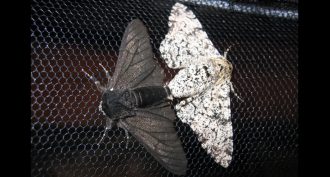 Life
LifeHow a moth went to the dark side
Peppered moths and some butterflies are icons of evolution. Now scientists have found a gene responsible for making them so.
-
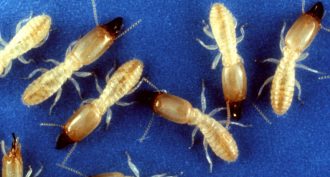
Ink leads way to terminating termites
Inspired by a classroom experiment, a teen has built a way to lure troublesome termites to their death — using the power of ink.
-
 Physics
PhysicsGravity waves are seen again
Four months after scientists announced the first detection of gravity waves, another set of ripples in spacetime have emerged. The new ones come from the clash of mid-size black holes in the distant universe.